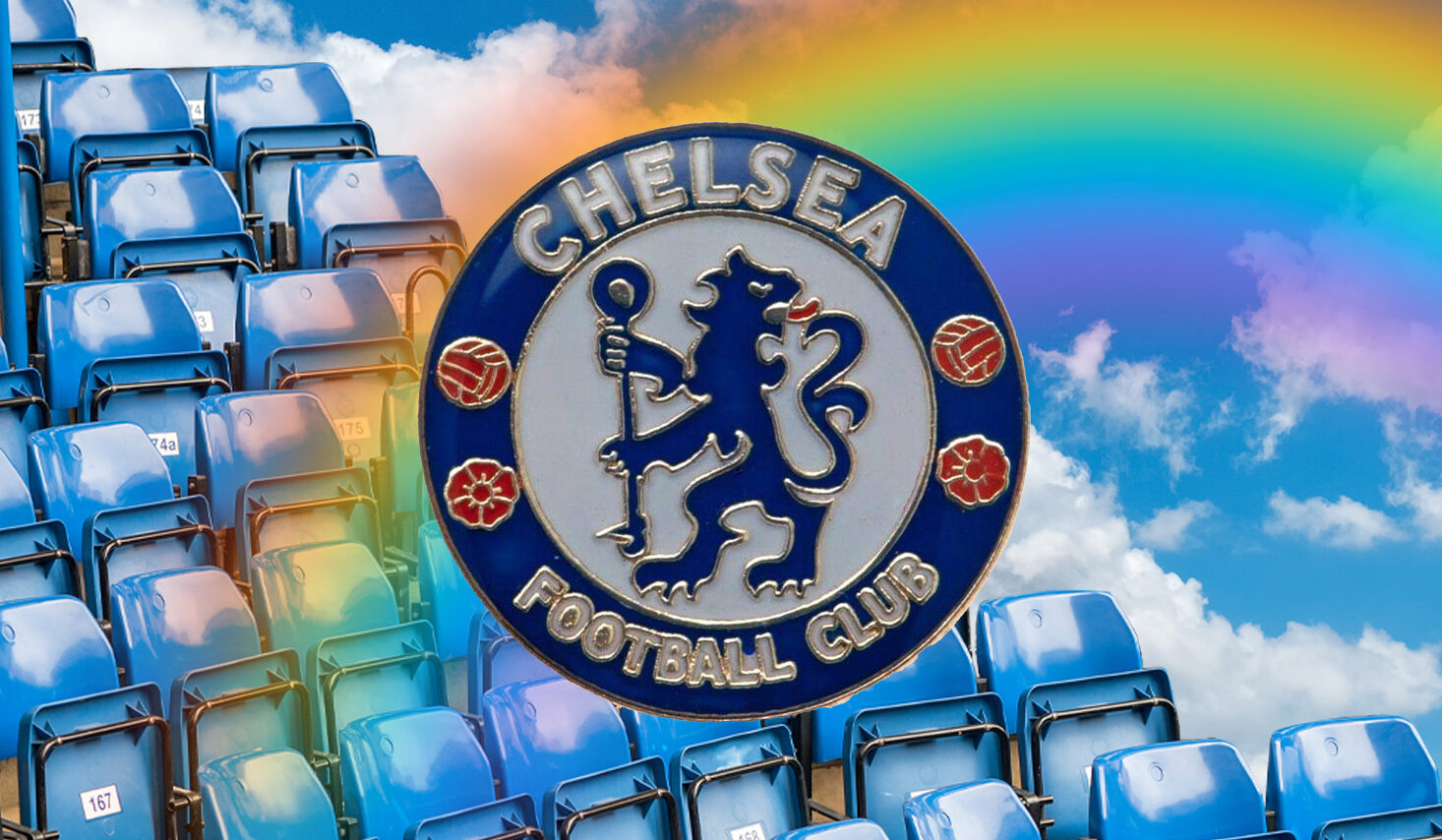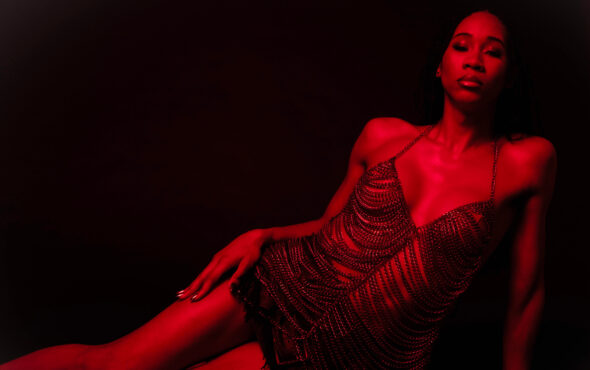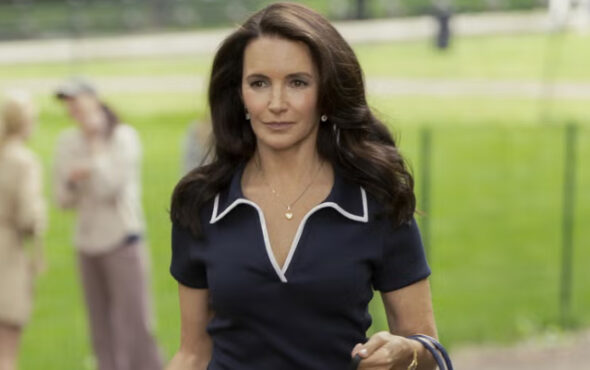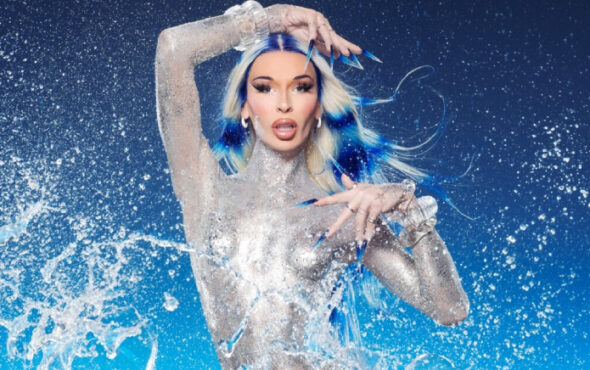
TW – Mentions of suicide and depression.
“Dad, what’s a rent boy?” It was a question that my father probably didn’t know how to answer. Not that he had strong opinions about young male prostitutes, one way or another. There were just some things you’d rather not explain to your eight-year-old son (especially when you’re 1-0 down against Southampton).
“Dad,” I asked again. “Did you hear me?” It was 2004. My first year as a ‘real’ Chelsea fan, who was allowed to stay up past his bedtime to watch the Champions League, wear his replica shirt to bed, and name the family goldfish, ‘Zola’.
Stamford Bridge seemed like the most exciting place in the world. In the first weeks of the season, I’d seen grown men hug and kiss, been twirled around in the air by complete strangers, and learned naughty new words and phrases like “wanker” and “fucking-bald-tosspot-REF”. But I’d never heard the words “rent boy” before.
The chant started a couple of moments after Southampton’s forward volleyed the ball into the roof of our net; first as a smattering of jeers from the away end, then as a wall of noise – like the roar of a crashing tidal wave. “Chelsea-rent-boys! Chelsea-rent-boys!”
I didn’t know what the chant meant, but even then, I could tell it had a strange power because the sixteen-stone bloke, who sat in front of us, was looking at the floor and grinning. The chant was an accusation, and it was directed at us. “Chelsea-rent-boys! Chelsea-rent-boys!”
Over the years, hearing that song became as normal as getting a burger with fried onions, or watching John Terry clatter a striker on the edge of the box.
My dad eventually explained the chant’s alleged meaning and origin. Depending on who you ask, the song originates from a tabloid story about a Chelsea hooligan who was caught in bed with another man, or, from the area’s reputation as a gay hotspot in the 1960s and 70s.
His explanation still didn’t make much sense to me. All I knew was that I didn’t want to be gay, and I definitely didn’t want to be a gay prostitute (in case these things were ever used against me by a chorus of sweary men).
Now, let me shock you: I didn’t come out until later in life. Like a lot of queer people, I had to confront a lot of difficult feelings and internalised homophobia before I felt ready. I’m glad to say that, these days, I’m more comfortable with my sexual identity, but it took a lot of time – and a lot of therapy – to get to where I am now.
When I think back to my early years – going to The Bridge on a Saturday and playing for my local club on a Sunday – I can’t help but wonder if my love affair with football, and particularly my love affair with Chelsea FC, drove me deeper into the closet. Maybe things would have been easier if I fell in love with tennis or golf, or if my dad had taken me to one of those tinpot football clubs in North London. Maybe then, I wouldn’t have waited as long to start being myself.
Growing up, I was never one of those kids who always knew they were different. I didn’t like to think of myself as different. After all, I loved football, and what could be more “normal” for an 8-year-old boy than that? For me, it was more than just my favourite sport. It was a way of blending in, avoiding the bully boys, and being accepted (in the eyes of the lads brigade, if you’re decent with the ball at your feet, then you’re alright).
So, thanks to my left peg, I was able to pass as straight which is a privilege that not all queer kids have, but it does come with its own set of complications. Football was a brilliant disguise, and by the time I reached adolescence, I had started to fool myself.
As a teenager, I perfected my performance as a straight, ahem, football lad: I started hitting the gym; I got my haircut like David Beckham; I even put up a racy poster of Cara Delevingne above my bed. In hindsight, these were three of the gayest things I possibly could have done. Most damaging of all, I dated girls obsessively. Jumping from one dysfunctional relationship to the next, never really grasping (or not wanting to grasp) why I found the sex so confusing and unfulfilling.
I feel sad that I put myself through that for so long and that I didn’t have the courage or self-knowledge to be myself. But I was only doing what I thought “someone like me” was supposed to be doing. After all, beers and boobs were all anyone talked about in the dressing room. And it probably didn’t help that I was going to watch Chelsea, of all clubs, on the weekend.
In case you don’t know much about the fan cultures of different Premier League teams, my Blues have a chequered past. The National Front used to recruit outside of our stadium in the 70s and 80s, and despite the best efforts of the club hierarchy, our match-going fans still aren’t exactly known for their tolerance and acceptance. Just last season, Stuart Mathews, the chair of Brighton’s LGBTQ+ fan group Proud Seagulls told The Independent Newspaper that the homophobic abuse he received in the fixture versus Chelsea was “the worst I’ve heard from any club”.
You might wonder: why would any straight-thinking gay boy want to support a club like that? Following a football team is a bit like joining the Mafia – once you’re in, you’re in for life. I should also say that, thankfully, I’ve never been the target of any homophobic abuse at Stamford Bridge (again, straight-passing), but that’s not to say that I don’t hear the same offensive crap at every match.
Let me tell you some of my favourite micro-aggressions that I hear at football grounds. If a player has the temerity to wear gloves in the winter that makes him a “fanny” or “fairy”, and if (God forbid) one of the strikers does a fun little dance after scoring a goal he should “stop mincing about!!”.
And yes, whenever I go to Chelsea, I still hear the ‘rent-boy’ chant. Sometimes it feels like the away end have been hired to do a private rendition, and are pointing and singing, specifically at me. But then I remember I’m just one boy in a sea of thousands and thousands of blue shirts.
Some fans tell me they’re surprised that there’s not a single ‘out’ footballer in the Premier League in 2024, but I’m not surprised at all. Men’s football is a hostile and unsafe environment – not just for LGBTQIA+ people – but for anyone who doesn’t conform to a prescribed set of gender norms.
You’d have to be exceptionally brave or mad (or both) to stick your head above the parapet – as Justin Fashanu (the UK’s first and only top-flight men’s footballer to declare his homosexuality) did on 22 October 1990. The tragedy of Fashanu’s career after coming out – the tabloid monstering, the abuse from fans, his tumble down the divisions and escape to America – and eventual death by suicide in 1998, casts a long shadow over the men’s game.
I don’t want to end this story on a depressing note. I really do believe in the day when husbands and boyfriends (HABs) become tabloid sensations and England’s captain is a lionhearted twink. That day can’t come soon enough. I know I would have found my own sexuality so much easier to navigate if I had grown up with a queer footballing idol in men’s football.
After all this strife and confusion, you might expect me to say that, since coming out, I’ve turned my back on this stupid, homophobic kicky-ball thing and finally taken up tennis or golf. But just like with Chelsea, I’m in it for life. And the really good news is that I’ve found a community of queer people who are as mad about the beautiful game as I am.
Next season I’ll be lining up for Stonewall FC, the UK’s top-rated LGBTQIA+ football club. And while I’ll probably never fulfil my childhood dream of playing for Chelsea, maybe, one day soon, I’ll get to see one of the boys in blue come out – something I could never have envisioned as an eight-year-old in the stands with my dad all those years ago.
You can read Jake’s article on Chelsea FC at Versus here.
Jake ‘Snake’ Denton is a journalist and presenter working in the worlds of fashion and culture. If he isn’t roaming around the streets of London with a mic in his hand, he’s watching his beloved Chelsea.



